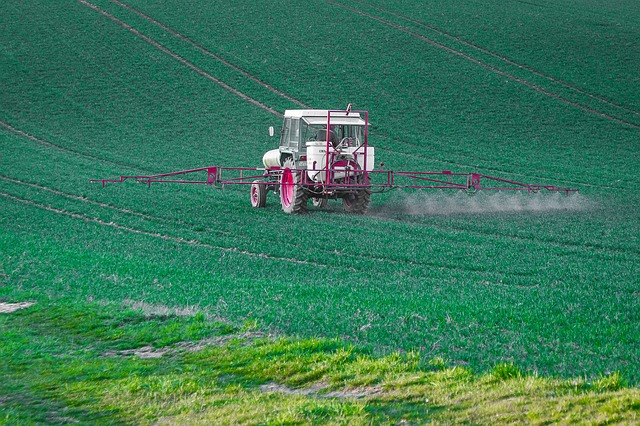August 29, 2019
By Lynda Kiernan
MoA Technology, a 2018 spin-out from Oxford University’s Plant Sciences Department, announced it has raised $7.6 million in Series A funding to back its work in overcoming weed herbicide resistance, and the development of its crop protection discovery platforms.
The round was co-led by Oxford Sciences Innovation, the world’s largest university venture fund, and Parkwalk Advisors, the largest enterprise investment scheme (EIS) growth fund manager focused on university spinouts.
The widespread usage of herbicides have been key to achieving optimum crop yields. However, with each application, the susceptible weeds are killed, but there remains a percentage of naturally resistant weeds that continually reappear and reproduce. This cycle results in more resistant weeds with each passing season.
This herbicide resistant cycle results in an increase in chemical costs to farmers of between 30 and 40 percent, according to farmer Brit Ausman, a member of the Washington Grain Commission board member.
“This is a growing issue that is going to become economically crippling, and we’ve got to figure out some answers,” Ausman told Capital Press.
Co-founded by Professor Liam Dolan FRS, and Dr. Clement Champion, MoA Technology has developed a range of three proprietary crop protection discovery platforms to address this challenge through the discovery of next-generation natural and synthetic herbicides with new methods and channels of action.
These three platforms – MoA Galaxy, MoA Target, and MoA Select – each use a unique combination of genetics, trait analysis, and data analytics to screen compounds, then organize them into a visual cluster map based on their modes of biological interaction.
“We have redesigned the discovery process in its entirety,” said MoA co-founder Professor Liam Dolan. “Not only do we focus on identifying new potential modes of action at the outset, but our platform combines in vivo screening with a high throughput capability. Early results are extremely promising.”
This is what makes MoA’s work unique and well-suited to really move the needle for farmers on herbicide resistance.
“If you lose one mode of action, you may be very limited as to what you can grow and what other options you have,” Idaho farmer Steve Riggers told Capital Press. “If you have a weed that’s resistant to multiple modes of action … then you’ve really backed yourself into a corner.”
In the coming years plans for MoA include building out a pipeline of products, and establishing a network of partnerships with industrial partners that can then drive commercialization.
“Weeds are now a greater threat to crop yields than at any time in recent decades,” said Hadyn Parry, chairman at MoA. “New solutions are urgently needed. Raising £6 million (US$7.6 million) at this stage in the company’s development is a real testament to the strength of the company’s prospects.”

Let GAI News inform your engagement in the agriculture sector.
GAI News provides crucial and timely news and insight to help you stay ahead of critical agricultural trends through free delivery of two weekly newsletters, Ag Investing Weekly and AgTech Intel.




